August 2021 | Volume 14, Issue 4


Incorporating Feedback from Stakeholders Helps ABR Meet Mission
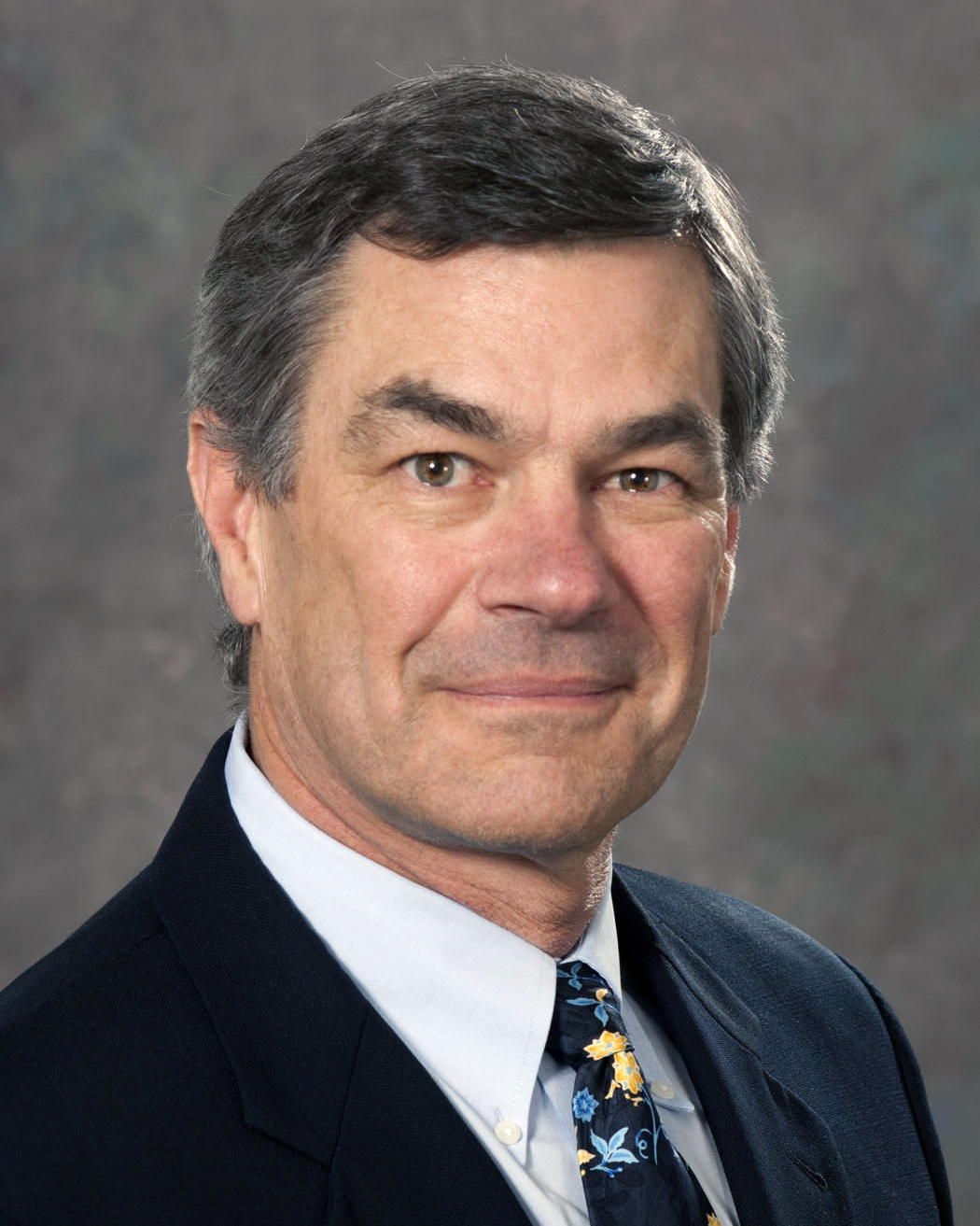
By J. Anthony Seibert, PhD, ABR Governor
2021;14(4):1
This issue of The Beam focuses on the ABR’s continuing efforts to improve bidirectional communication and solicit feedback from stakeholders and professional societies to develop, refine, and adjust policies and procedures to better meet the mission of the ABR: “to certify that our diplomates demonstrate the requisite knowledge, skill, and understanding of their disciplines to the benefit of patients.”
In From ABR Leadership, Executive Director Brent Wagner and President Vince Mathews describe the continuing improvement in the delivery of high-stakes remote exams, based on feedback from candidates as well as lessons learned from the process. The goal is to be able to offer these exams indefinitely, which requires a firm commitment to balancing flexibility and maintaining high security standards.
The importance of maintaining a close relationship with professional associations and societies during times of rapid change and unanticipated challenges is discussed by ABR Governor Cheri Canon and Director of Communications David Laszakovits in From the Board of Governors. As the pandemic recedes, opportunities and interactions at upcoming scientific and educational meetings are planned to enhance and expand these relationships.
Click HERE to read more.

Remote Exam Retrospective: Balancing Flexibility with High Security Standards
 By Brent Wagner, MD, MBA, ABR Executive Director, and Vincent P. Mathews, MD, ABR President
By Brent Wagner, MD, MBA, ABR Executive Director, and Vincent P. Mathews, MD, ABR President
2021;14(4):2
In June 2020, the ABR decided to substantially modify its exam platforms. Uncertainty regarding the length and depth of the pandemic had created an imperative to develop a plan that would allow reliable administration of a valid and timely exam program, regardless of travel restrictions and capacity constraints.
Early in the process, we asked various groups to share both ideas and concerns. Most of our focus was on program directors and candidates, and we solicited input from leadership in the respective organizations for all four radiologic disciplines, as well as our advisory committees. Subsequently, a large number of internal discussions revolved around a simple concept: we wanted to maintain consistency in the scope of the exams (e.g., number of questions, degree of difficulty, and coverage of the domain) while designing a platform that would add as little disruption as possible to an experience that is inherently stressful for exam candidates. The biggest systemic unknowns were the environmental changes that included a shift to the local user of the technology element (i.e., the computer) and the testing location (home or office). The biggest challenge was the complexity of a process that had to work more than 99% of the time in these unpredictable and variable environments. We set ambitious timelines and, along the way, learned from the successes and failures of other medical specialty boards.
Click HERE to read more.

Input From Associations and Societies Crucial in Times of Rapid Change
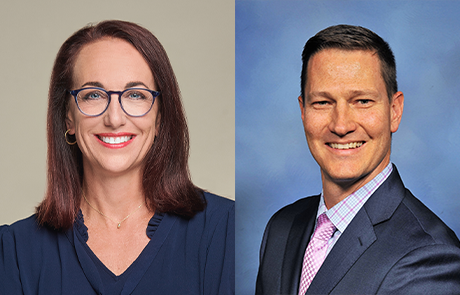 By Cheri L. Canon, MD, ABR Governor, and David Laszakovits, MBA, ABR Communications Director
By Cheri L. Canon, MD, ABR Governor, and David Laszakovits, MBA, ABR Communications Director
2021;14(4):3
The ABR relies on relationships with our colleagues across the radiologic disciplines to provide perspectives at multiple levels. Some of these are informal, including those with our volunteers who have leadership roles in specialty societies. Others are more defined, such as standing meetings between the ABR and society representatives. We also have advisory committees for each discipline that we count on for critical assessment of our policies and communications, both existing and proposed.
The benefits of these conversations are magnified during times of rapid change and unanticipated challenges, especially when they have the potential for unintended consequences. Diverse inputs are also critical when there are disparate impacts on various stakeholders. This was especially evident during the first half of this year as we sought input on the ABR’s draft policy for residency leave, but we also relied on a series of iterative discussions as we designed the remote exams during the COVID pandemic in the second half of 2020. These major initiatives, and several minor ones, succeeded, in large part, because of the thoughtful conversations that challenged our existing assumptions.
Click HERE to read more.

Learning from Your Feedback on the IR/DR Certifying Oral Exam
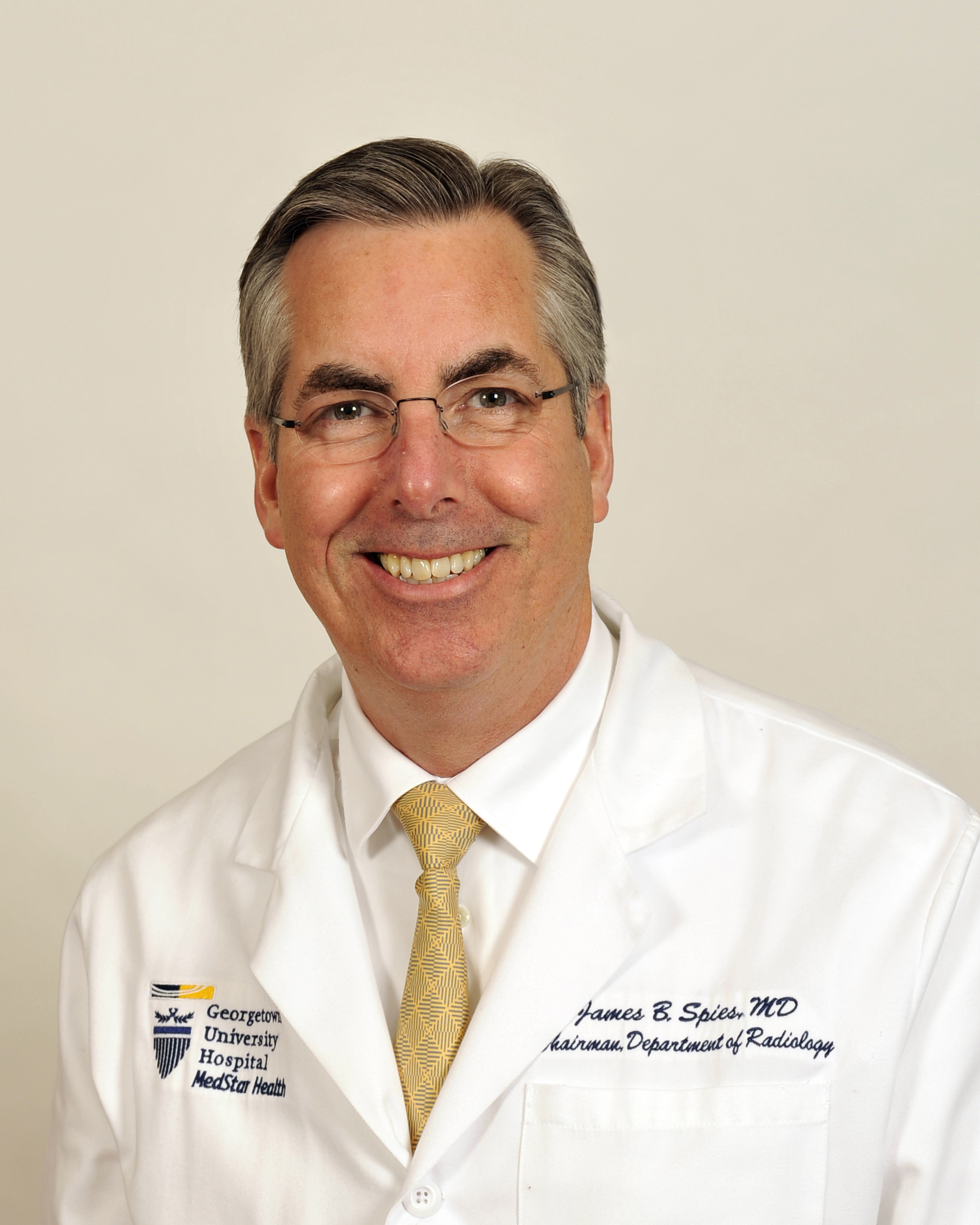 By James B. Spies, MD, MPH, Associate Executive Director for Interventional Radiology
By James B. Spies, MD, MPH, Associate Executive Director for Interventional Radiology
2021;14(4):4
In May, we successfully completed the first regular remote administration of the IR/DR Certifying Oral Exam, and we are now reviewing the feedback from participants. One of the benefits of our current electronic format for the oral exam is the timeliness of post-exam surveys, which were sent to candidates and examiners at the conclusion of the exam. We had a very good response rate and received many constructive comments and suggestions.
Most comments from candidates about the software platform and exam content were positive. Many commented on the benefit of not having to travel and the associated cost and time savings. The most common concern of respondents was a lack of feedback from the examiners. We train examiners to focus on ascertaining the candidate’s knowledge about the cases presented and to avoid confirming or praising candidate responses. This has always been the case in the traditional in-person oral exam, but it seems the effect on the candidates was magnified by the virtual nature of the current exam. Some candidates were unsettled by what they felt was a one-sided discussion, and they were sometimes unsure if they were answering the question asked.
Click HERE to read more.

Changes to the Eligibility Requirements and Schedule of the Medical Physics Part 1 Qualifying (General and Clinical) Exams
By Matthew B. Podgorsak, PhD; Kalpana M. Kanal, PhD; Robert A. Pooley, PhD, ABR Trustees; J. Anthony Seibert, ABR Governor; and Geoffrey S. Ibbott, PhD, ABR Associate Executive Director for Medical Physics
2021;14(4):5
Upon recommendation by ABR medical physics leadership, the ABR Board of Trustees has approved a change to the eligibility requirements for the Part 1 qualifying (general and clinical) exams. A candidate’s application must now include attestation from their program director (either graduate program or certificate program) that he/she has previously completed or is currently enrolled in classes that together with previous coursework cover the entire CAMPEP-core graduate curriculum. This change was instituted so that eligible candidates will be optimally prepared by having completed courses covering the material upon which they will be tested.
This change in eligibility was first communicated to stakeholders (SDAMPP, CAMPEP, AAPM, ABR IC-AC) as a proposal in 2018. At that time, SDAMPP leadership noted that some graduate programs do not offer coursework covering all the CAMPEP core material in the first year of their curriculum. With the traditional August administration of the Part 1 qualifying exams, students in these graduate programs would not be eligible to take the exams until they had completed two full years of study. So that students in these programs would not need to wait until the end of their second year to sit for the Part 1 qualifying exams, the Board of Trustees further approved a schedule change, moving administration of the exams to mid-January starting in 2022. With this change, students in programs that require three semesters to cover the CAMPEP core material will be eligible for the Part 1 qualifying exams after their third semester.
Click HERE to read more.

Maintaining Relevance of Radiation Oncology Clinical Exams
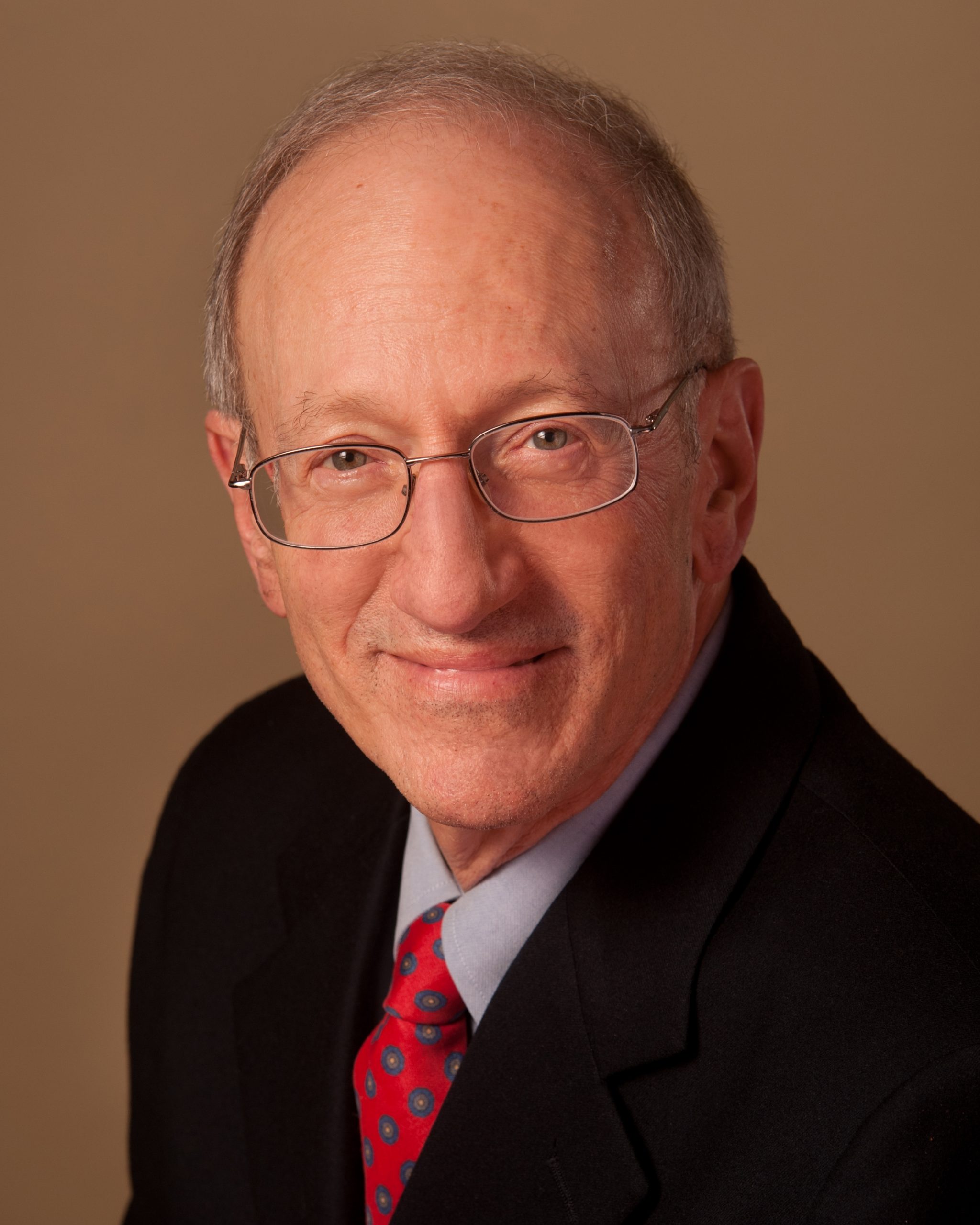 By Paul E. Wallner, DO, ABR Associate Executive Director for Radiation Oncology, and Anthony Gerdeman, PhD, ABR Director of Exam Services
By Paul E. Wallner, DO, ABR Associate Executive Director for Radiation Oncology, and Anthony Gerdeman, PhD, ABR Director of Exam Services
2021;14(4):6
A critical element in maintaining the credibility and validity of clinical certification exams is that they are deemed to be relevant by those involved, including developers and examinees. In a continuously evolving clinical care delivery milieu, maintenance of relevance can be challenging.
Prior to implementation of the ABR Continuing Certification Online Longitudinal Assessment (OLA) instrument in 2019, radiation oncology (RO) had relied primarily on tri-annual clinical practice analyses (CPAs) (1,2) and input from volunteers to inform decision-making related to the relevance of existing items, timeliness of adding emerging interventions, and elimination of those deemed to be outdated. The CPAs provided timely data related to the frequency that various tumor sites were seen within the clinical environment and how those disease sites were being treated. Thus, questions about what and how were answered. Although the CPAs provided useful and actionable information, the data was limited by the number of respondents to the optional surveys, the potential for information bias of respondents, and the infrequency of the surveys.
Click HERE to read more.

Pre-Exam Resources, Easy-To-Use Platform Calm Candidates’ Nerves

By Rodney Campbell, ABR Communications Manager
2021;14(4):7
After waiting an extra year to take their oral exams because of COVID-19, candidates had a few jitters about the ABR remote platform.
“Like most examinees, I was somewhat nervous about the experience but was reassured by the favorable reviews shared by a couple of colleagues involved in the pilot exam,” said Mark Sittig, MD, a radiation oncologist practicing with Tennessee Oncology in Nashville.
Dr. Sittig took the RO Certifying Oral Exam in May. His nerves were settled a bit by ABR resources offered before he took his exam. For example, the required technical check gives candidates a chance to ensure that their exam day experience runs smoothly.
“I was pleased with the tech check before exam day, which was well run,” he said.
Omar Chohan, DO, is a vascular interventional radiologist for Great Lakes Medical Imaging and a clinical associate professor at the University at Buffalo. He took the IR Certifying Oral Exam in May.
He said the remote platform was a familiar setup, making exam day less stressful.
Click HERE to read more.
Switch to Remote Exams Required ‘All Hands on Deck’ for Exam Delivery Team
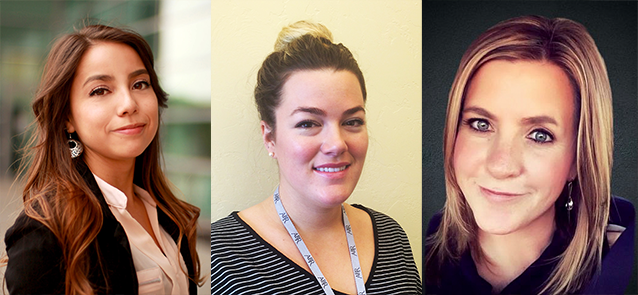
By Heather Hopkins, ABR Communications Coordinator
2021;14(4):8
With the shift from in-person to remote exams this year, the duties of the ABR exam delivery team changed significantly. Exam delivery is responsible for the following:
- Setting up annual exam dates
- Scheduling examiners to cover oral exam sessions
- Rescheduling due to candidate and examiner conflicts
- Taking care of candidate accommodations
- Conducting computer-based exam content review
- Handling exam-day logistics
- Releasing exam results
In the past, they were also involved with travel arrangements and staffing exam centers; now, they schedule orientation webinars and oral exam software training for candidates and examiners, as well as help make sure everyone has the right computer equipment for a successful remote exam experience.
Click HERE to read more.

What Happens Next?
2021;14(4):9
Diplomates have answered more than 4.7 million OLA questions since the platform was introduced in 2019. They have also provided feedback on the usefulness of each item, which is greatly appreciated as we constantly strive to improve the program. Here are a few things participants who are working toward their annual progress requirement should keep in mind.
Try to Stay on Pace
Since two questions are offered to most participants every week, 104 are available to be answered each year. To meet the annual progress requirement, most diplomates need to answer only half, or 52 questions per year. Furthermore, OLA allows substantial flexibility regarding when diplomates answer questions, as items do not expire until four weeks after they are offered.
Click HERE to read more.

ABR Volunteers Awarded Leadership Roles with ASTRO
2021;14(4):10
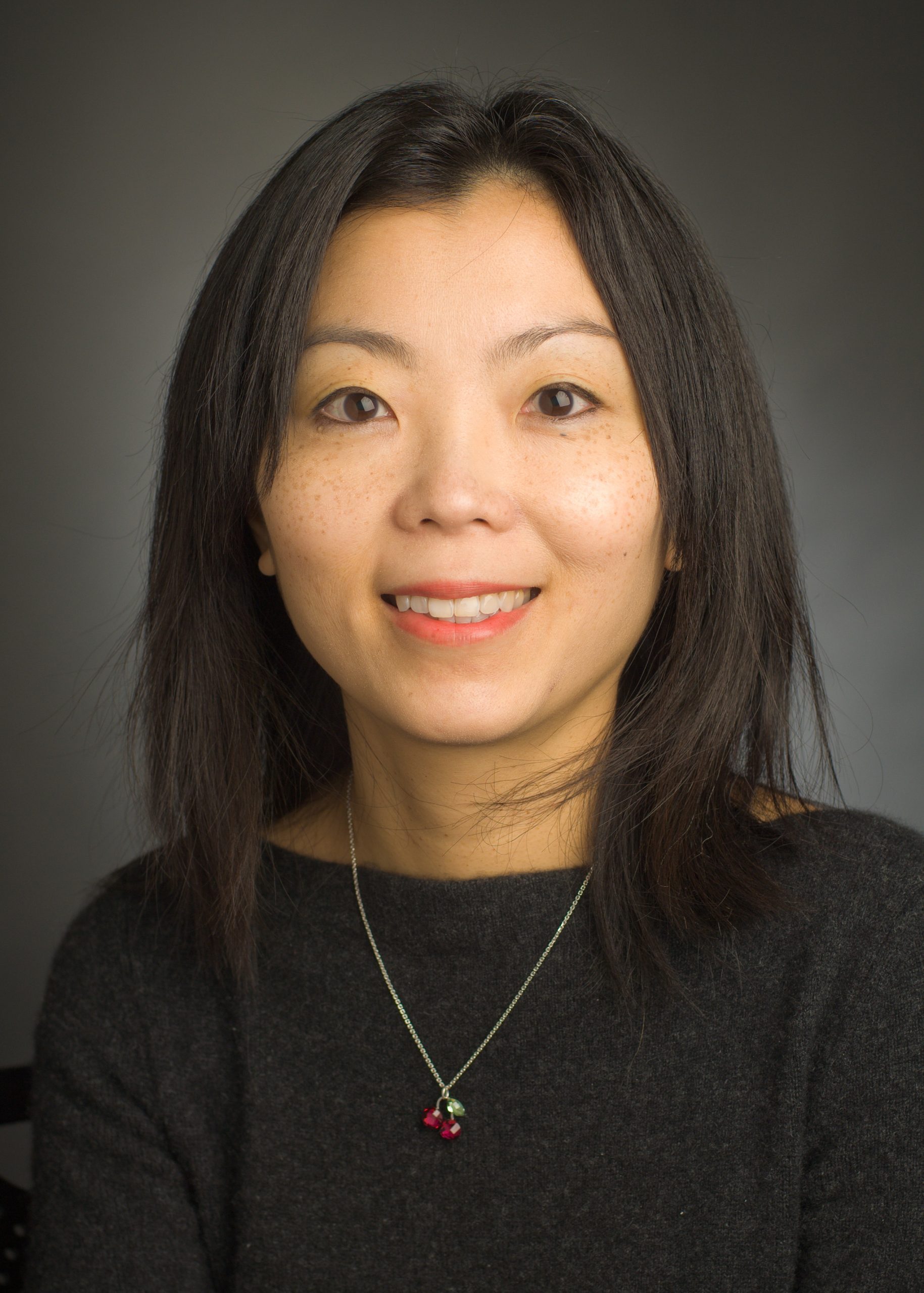
Congratulations to Andrea K. Ng, MD, MPH, ABR trustee for radiation oncology, for being recognized by the American Society for Radiation Oncology (ASTRO) as one of 28 distinguished members to receive the ASTRO Fellow (FASTRO) designation for 2021. The ASTRO Fellows program recognizes individuals who have made significant contributions to the society and to the field of radiation oncology through research, education, patient care, and service to the field.
Congratulations also to the following ABR volunteers who have been newly elected as members of ASTRO’s Board of Directors and Nominating Committee: Jeff M. Michalski, MD, MBA, who chairs the ABR GU written committee, will be president-elect; Catheryn Yashar, MD, ABR trustee, will be the ASTRO health policy council vice-chair; and Helen Shih, MD, MS, MPH, a member of the ABR CNS committee, will be an academic physician member of the nominating committee.

Hybrid Work Plan Encourages Flexibility, Productivity for ABR Staff and Volunteers
2021;14(4):11
Prior to the pandemic, the ABR had approximately 100 employees on site in Tucson. As with many organizations, we made the necessary adjustment to a work-from-home environment and, after some adaptation to a different version of normal, we found ourselves learning and functioning at new and exciting levels – just as many of you did.
Although we are confident our standard work procedures can be performed as effectively in a remote environment, there is an intuitive advantage to in-person interactions. This includes cultivation of relationships – informal, but nonetheless important. In addition, some discussions that deal with nuance or complicated innovation benefit from the give-and-take exchanges of the conference table rather than a video call. This is true not only for our staff but also for the volunteers who develop our exam content.
As the news surrounding COVID evolves, we are continually evaluating the potential features of the new workplace. We want to allow our staff flexibility and personal preference wherever possible, while maintaining productivity and customer service. Due to the increasing spread of the Delta variant, we have delayed the re-opening of our offices until November. Some employees will return to the office nearly full time while others will come in only for in-person meetings when needed. For our volunteers involved in exam development, we have historically used a combination of videoconference and in-person meetings – we tentatively plan to resume the latter early next year but will reassess the situation at that time.

July 7 Blog
One Busy Year Later, ABR Executive Director Knows There’s Plenty More to Do
July 6 Blog
ABR Board Approves Residency Leave Policy
June 22 Blog
Awardee: Humanism a Necessity in Medicine
June 16 Blog
LGBTQIA+ Community Concerned About All Marginalized Populations
June 11 Blog
Radiation Was a Beam of Hope for ABR Employee
June 1 Blog
Visit the ABR at Two Society Meetings in 2021





